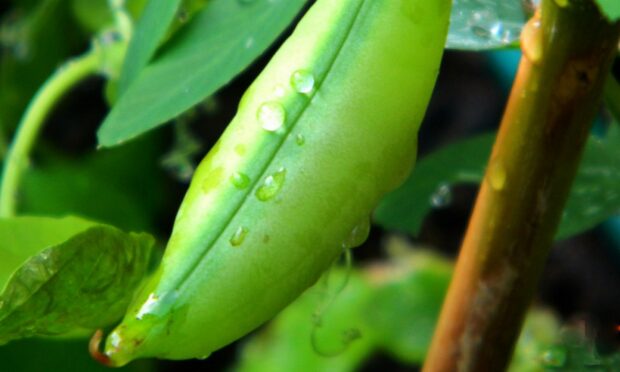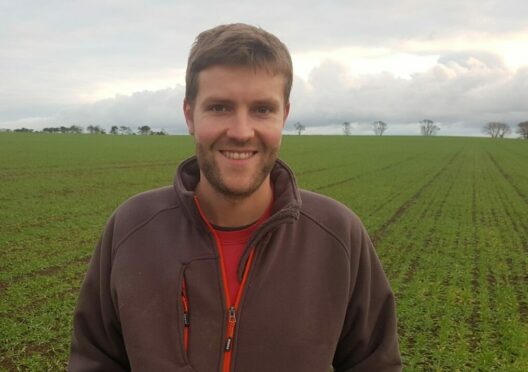Just as it looked like the Covid pandemic was coming to an end and some normality returning to the world, a psychopathic dictator decides to invade the breadbasket of Europe.
This unforgiveable act of war seems half the world away but the knock-on effect to the world will be catastrophic.
Together Russia and Ukraine export around a quarter of all world wheat and produce up to 20% of agricultural fertilisers, as well as having some of the largest oil and gas reserves in the world.
Chaos
These supply lines are now in chaos which has caused the huge increases in the costs of fertiliser, diesel and animal feed.
Along with the cost of living, farm input costs are soaring, and both are expected to increase further later this year.
A strong response is required from the Scottish Government to prevent some farm businesses from going out of business, particularly those feeding livestock at eye-watering prices.
Sometimes it is all too easy to rely on government aid when times get tough, but these are extraordinary times and most farming businesses cannot react quickly enough to the knee-jerk market movements caused by a war in Europe.
Take pig farming for example, where you are producing and selling pigs every single week.
This conveyor belt of production cannot simply be switched off as you are committed to rearing all pigs born and at any one time nine months of production are already in the system.
Without immediate government support, most Scottish pig farms will go out of business. They simply cannot cope with the extraordinary rises in input costs with feed costs per pig now more than the price paid at market.
Greening
Germany has just announced it will allow farmers to crop one million hectares of non-productive greening land, which was previously set aside for catch crops or fallow.
These lands can now be used to produce feed to ease the burden of reduced feed supplies and increased input costs, with a focus on legumes to reduce reliance on imported soya.
A similar approach should be taken here. However, this impending food crisis will likely be met with the usual Scot Gov inefficiency and the problem will be haemorrhaging long before any government action is taken, or even considered.
Russia’s invasion of Ukraine has come at a time when global supply chains were already fragile from the Covid pandemic, and this has highlighted the importance of home-grown food and energy.
Agriculture and energy are intrinsically linked. As the price of energy rises, agricultural inputs increase, which results in higher food prices. Scotland’s recent obsession with green energy policies has ultimately pushed energy prices up, as well as exporting our energy production and increasing our reliance on foreign dictators like Putin.
It is time for both energy and food security to become a nationwide priority and farmers can play a part in both. Unfortunately, our desire for cheap food and energy has devalued our farmers and energy producers and increased our reliance on imports and global supply chains.
Flawed
Only recent events have shown how utterly flawed this dependence on other countries is. We must be more self-sufficient in both these sectors. Along with the obvious benefits the knock-on effect on jobs and the economy would be a huge boost to a post-Covid, post-war Scotland.
We can only hope that if there is any good whatsoever to come from this war, it will be increasing Scotland’s food and energy self-sufficiency with less reliance on fractured import channels.
Long has food and farming been a low government priority but hopefully this can be the trigger to boost our own self-reliance.
Craig Peddie won a YEN silver award for spring barley last year

